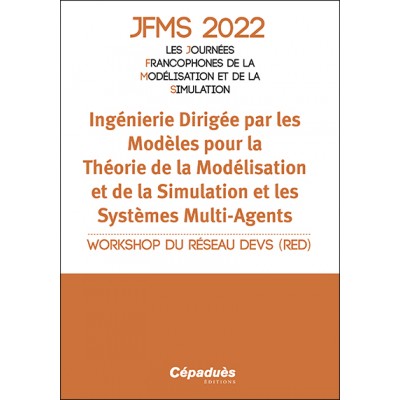Facing Complexity with Self-organization
Complex systems are characterized by interactions which produce novel information, limiting their predictability. Thus, adaptation becomes necessary when dealing with complexity. Self-organization can be used to build adaptive systems and steer through their inherent complexity, by regulating interactions rather than predicting and imposing behaviors. I will exemplify the potential of self-organization with two case studies : traffic light synchronization and public transport regulation. A generalization of the techniques presented becomes applicable to a broad range of scenarios, with the possibility of considerably improving the performance of current systems.

